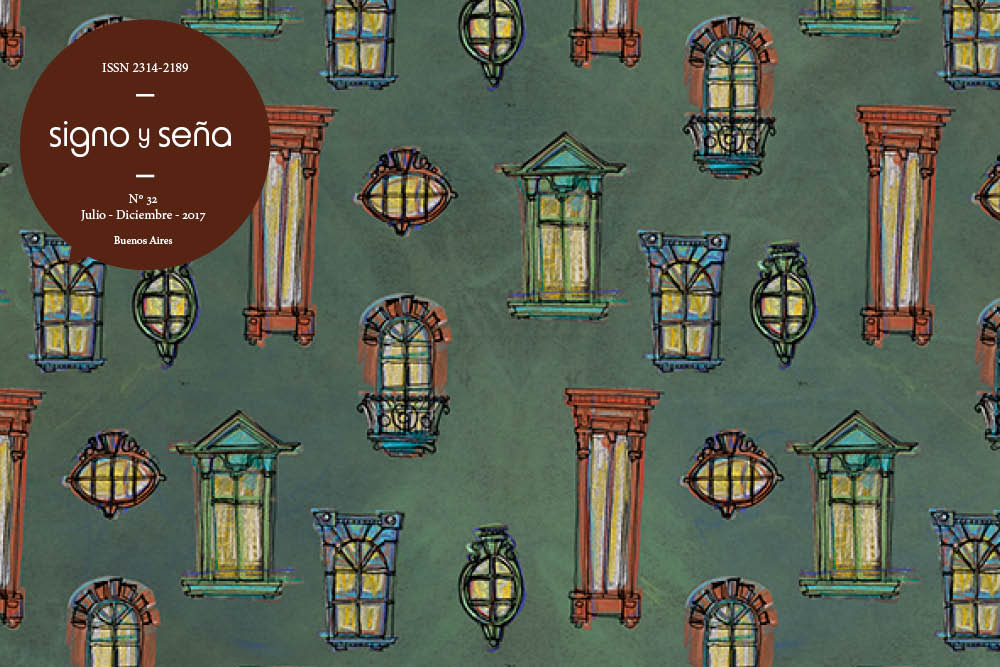<i>Locateli, guisacho, bailongo</i> and other appreciative derivations in Río de la Plata Spanish
Keywords:
morphologization, grammaticalization, appreciative morphology, colloquial Rioplatense Spanish
Abstract
In this paper, we describe and analyze the usage of endings like -eli (crudeli), -oni (fiaconi) or -ola (gratarola) and morphemes like -ucho/-acho (zurdacho) and -(vowel)ng- (blandengue). We consider that these are three resources linked to the field of appreciative morphology, just as “vesre” or paronomasia, used to express affective, derogatory or attenuative values. In the first case, the italianistic formants arise from the adjective paronomasia and proper noun (loco/Locatelli > locateli) and from a reanalysis process (Di Tullio 2014), determining the morphologization of the final sequence, i.e. -eli. In the second case, there is a particular progression between -ucho, -cho and its allomorphs, which starts with the derogatory value of the general Spanish (papelucho), extends to the affective formation of hypocoristics (Pablucho) and, in particular, in the scope of colloquial Rioplatense Spanish, applies to common nouns or adjectives, with pejorative and, even, affective or positive self-assessment values (peroncho, zurdacho, comunacho). Finally, we describe the operation of the morpheme -(vowel)ng-, which is fundamentally related to the attenuative value. Also, these phenomena present a limited productivity and constitute a set of appreciative resources strongly associated with the colloquial Rio de la Plata Spanish or lunfardo.Downloads
Download data is not yet available.
How to Cite
Bohrn, A. (1). <i>Locateli, guisacho, bailongo</i> and other appreciative derivations in Río de la Plata Spanish. Signo & Seña, (32), 21-43. https://doi.org/10.34096/sys.n32.4108
Issue
Section
Dossier. Lunfardo as common group slang
- Authors keep the copyright and give the journal the right of the first publication, with the work registered with the Creative Commons Attribution-ShareAlike 4.0 International License, which allows third parties to use what is published whenever they mention the authorship of the work and the first publication in this magazine.
- Authors can make other independent and additional contractual agreements for the non-exclusive distribution of the article published in this journal (eg, include it in an institutional repository or publish it in a book) as long as they clearly indicate that the work It was published for the first time in this magazine.
- Authors are allowed and recommended to publish their work on the Internet (for example on institutional or personal pages).

















